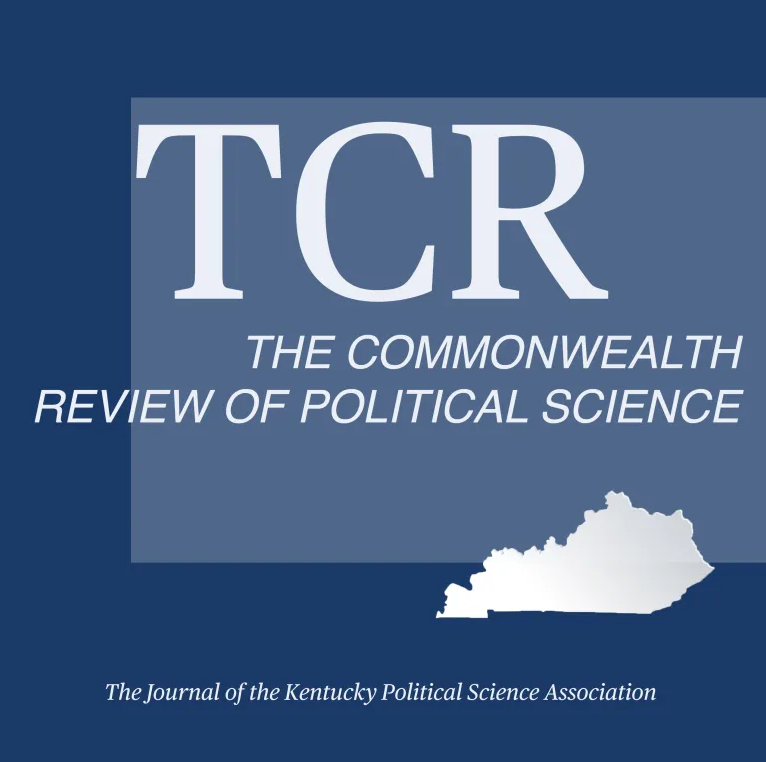Commonwealth Review of Political Science

Abstract
It is easy to conclude that Fidel Castro was nothing more than a pawn of the Soviet Union, and Cuba, a communist satellite throughout the Cold War. The island received an annual subsidy of four billion dollars from the U.S.S.R. and hosted Soviet troops; its economic dependence was so extensive that when the Soviet Union collapsed more than 25 years ago, Cuba experienced a GDP contraction of between 30 and 40 percent. Despite this, Cuba's communist regime survived, even as many formerly communist countries in Eastern Europe embraced new democratic constitutions. This project seeks to explain how--in spite of the development of a robust nationalism, and significant economic and political liberalization--Cuba's ruling class managed to resist enacting significant democratizing reforms. Elsewhere, these factors ushered in a "third wave" of democracy. This paper takes up the question in the context of new opportunities for (and pressures to) change. Raul Castro is set to step down from the presidency in 2018 amidst an ongoing economic crisis. Unfortunately, democratization remains unlikely for three main reasons. The two notable political forces in Cuba at present are the Cuban Communist Party (PCC) and the military or Revolutionary Armed Forces (FAR)-- neither of which advocates democratizing reforms. Cuba's dissident community remains disorganized, and its civil society, woefully underdeveloped. Finally, the economic liberalization policies enacted as a response to the Soviet collapse have failed to foster the development of a strong and engaged middle class.
Recommended Citation
Prowant, Max J.
(2017)
"Resilient Communists: How Fidel Castro Survived the Soviet Collapse and Cuba's Uncertain Road to Democracy,"
Commonwealth Review of Political Science: Vol. 4:
No.
1, Article 7.
DOI: https://doi.org/10.61611/2994-0044.1029
Available at:
https://digitalcommons.murraystate.edu/crps/vol4/iss1/7
Included in
History Commons, Political Science Commons, Psychology Commons

